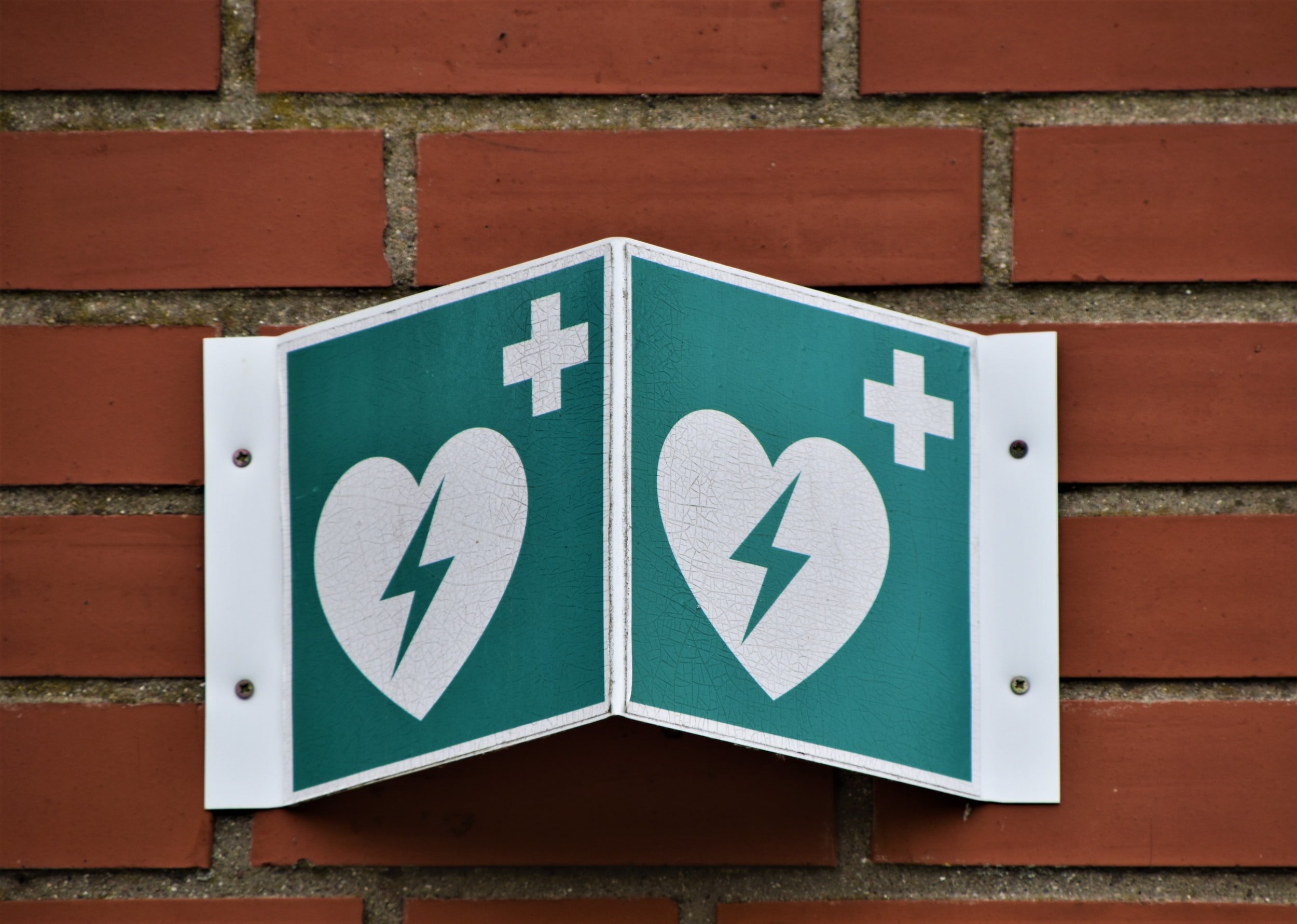Information

Photo by Robert Linder on Unsplash
I would like to open by thanking you for everything that you do. Regardless of your specific position in the ER, your job is far from easy. As chronic illness patients, we appreciate the countless hours and hard work you put in around the clock. We understand that it is impossible for you to be an expert on every condition and complication; we do not expect you.
Nevertheless, there are a few things we would like you to understand about chronic illness patients.
Years of chronic illness gives us a sixth sense that alerts us when something is not right with our body. We understand that you need to follow protocol and run certain tests, but that does not mean you can dismiss our concerns and suspicions.
For example, please stop talking about the possibility of appendicitis when I have told you that I do not have a colon. If you really don’t believe me, then give my record a second glance before ordering irrelevant tests. We understand that you have years of medical knowledge under your belt, but our first-hand experience has given us our own rigorous education.
Listen when someone says that a certain medication does not work for them. Girl with Guts Michelle reflects on how her last anesthesiologist accused her of enjoying pain when she rejected a medication that had never helped her in the past. In fact, the medication had a history of making her feel worse! Trust me; we do not like pain. What works for ‘most people’ does not work for everyone, especially those of us with nonstandard bodies. I will gladly sign any forms taking full responsibility for refusing a specific medication. Let me sign them without going on a tirade about how reckless or dangerous I am being.

Photo by Waldemar Brandt on Unsplash
Everyone has a different level of pain tolerance for pain. Further, everyone expresses their pain differently. Some of us scream out in pain, some curl up into a silent ball, and others sit still as though they are fine. There is no ‘right way’ to handle pain just as there is no way of measuring the agony a person is experiencing.
Those of us with chronic illness develop immunity to pain. GWG Tina M expresses the frustration of having doctors think she is just looking for drugs simply because she appears calm. Emily reflects on a time a nurse questioned her need for pain killers without looking at her chart. She will never forget the look on the nurse’s face when the doctor lifted her shirt to reveal the 43 staples down her abdomen. Please take a moment to listen to us before confusing our masks of bravery for contentedness.
Hospitals are traumatic places, even for those of us who are familiar with them. Many people with chronic illness experience extreme anxiety during hospital visits. These visits can trigger flashbacks to previous medical trauma or can leave us wondering what’s next. GWG Emily has medical PTSD. She wants doctors to ask her what is wrong when she is acting panicked.
I also struggle with past medical trauma. My anxiety manifests itself in a seemingly endless stream of questions ending with, “Is this normal?” I understand that you do not always know the answers to these questions, but I appreciate your patience and understanding. Often a simple, “we will figure this out,” is all it takes to avert a panic attack.
Sometimes of our specific circumstances require specialized care. A GWG who is a sexual assault survivor shared that she had a negative experience reporting this important information to health professionals at her local hospital. Hospitals have caused her extreme stress ever since. Thankfully, her doctors are aware of this and immediately let nurses know that she cannot be left alone in a hall; she needs a room.
Healthcare workers have a hard and often underappreciated job. Nevertheless, you have the power to make a difference every day. Taking the time to listen to patients and validate our pain can make all the difference on a hard day. Going the extra mile for a patient can have a lifelong impact. Thank you for all that you do.

This article was SPOT ON !!!!
Thank you for putting it into words for us..